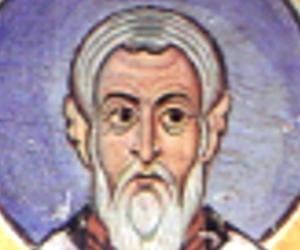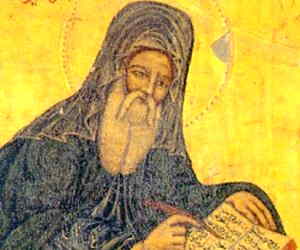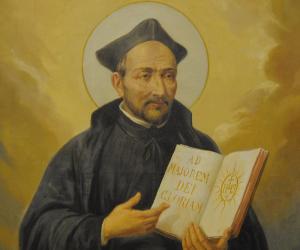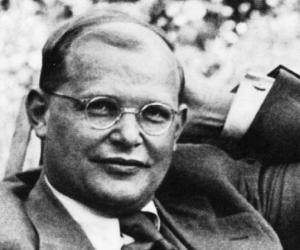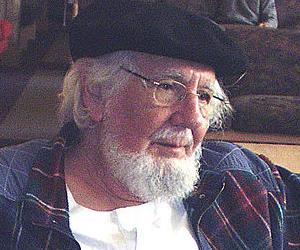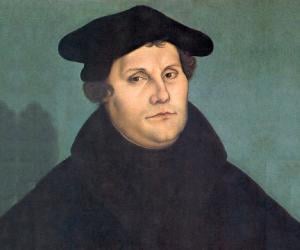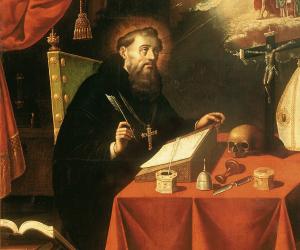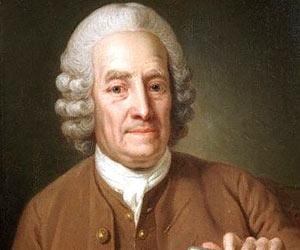Born In: Roman Syria
Ignatius of Antioch
Ignatius of Antioch was a Christian writer and a bishop of Antioch. He was also known as Ignatius Theophorus and Ignatius Nurono. He is counted amongst the Apostolic Fathers and is one of the “three chiefs” along with Pope Clement I and Polycarp. On his way to Rome, where he was to be executed brutally for not renouncing his faith in Christianity, he wrote a series of letters. Despite the fact that he was sentenced unfairly, he remained calm and composed throughout the journey. The letters he wrote on his last journey are considered to be treasures of Christianity today. His letters collectively serve as a clear example of Christian theology. Some of the topics that were addressed by these letters were ecclesiology, the sacraments and the role of bishops. He was a beloved disciple of John and was consecrated as a bishop by the first pope, Apostle Peter. It is a well-known fact that Ignatius had all the qualities required for being the ideal pastor. He was a perfect example of how a true soldier of Jesus Christ should be.
Born In: Roman Syria
